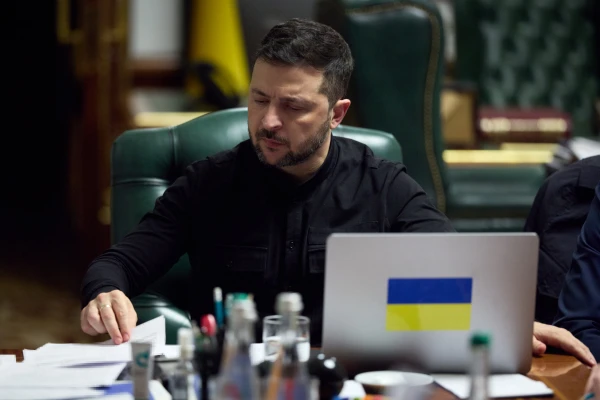
The ongoing anti-corruption investigation in Ukraine could turn into the largest political scandal since the start of Russia's full-scale invasion. Kyiv is eager to assure the public and Western partners that the fight against corruption remains its top commitment.
A large-scale anti-corruption investigation into the alleged corruption of the state nuclear energy company 'Energoatom' has shaken Ukraine.
What is known about the investigation that could become the most significant anti-corruption case in the country and trigger a major political scandal?
On Monday morning, the National Anti-Corruption Bureau of Ukraine (NABU) and the Specialized Anti-Corruption Prosecutor's Office (SAPO) announced the uncovering of a large corruption scheme in the energy sector.
The operation was codenamed 'Midas', in honor of the Greek king Midas, who turned everything he touched into gold.
NABU and SAPO stated that during the investigation, which lasted 15 months and included 1,000 hours of audio recordings, the involvement of several members of the Ukrainian government in the scheme was revealed.
The anti-corruption bureau reported that the group received bribes from 'Energoatom' contractors amounting to 10-15% of the value of each contract.
According to NABU, about $100 million was laundered.
"In fact, the management of a strategic enterprise with an annual income of over 4 billion euros was carried out not by officials, but by outsiders who had no formal authority," NABU stated.
The accusation is that they received payments from contractors building fortifications against Russian attacks on energy infrastructure while millions of Ukrainians across the country suffer from power outages and electricity shutdowns due to shelling.
Who is involved in the investigation?
Alexander Abakumov, head of the investigative group, reported in a video on NABU's YouTube channel that around 70 searches were conducted on high-ranking officials on Monday morning.
On Tuesday, the Anti-Corruption Bureau charged eight individuals with bribery, embezzlement, and illegal enrichment.
Among them is Igor Mironyuk, a former advisor to former Energy Minister Herman Halushchenko, who previously served as the deputy head of the State Property Fund.
Mironyuk also worked as an assistant to fugitive Ukrainian ex-legislator Andriy Derkach, who has been a Russian senator since 2024.
Ukrainian Energy Minister Herman Halushchenko is also implicated in the case, along with Dmitry Basov, a former prosecutor and ex-head of the nuclear and physical security department of 'Energoatom'.
NABU claims that Mironyuk and Basov effectively "took control of all company procurements".
Four other individuals, according to NABU, worked in the back office used for money laundering, including Ukrainian businessman Alexander Tsukerman.
Halushchenko, who served as Ukraine's energy minister from 2021 until July 2025, and then headed the country's Ministry of Justice until his resignation two days ago, is also allegedly involved in the case.
The investigation by the anti-corruption bureau claims that the leader and organizer of the corruption scheme is businessman Timur Mindich, a former business partner of Ukrainian President Volodymyr Zelensky.
Who is Timur Mindich?
Mindich was one of Zelensky's closest associates before he became president in 2019. He is a co-owner of the production company 'Kvartal 95', founded by Zelensky. After being elected in 2019, Zelensky transferred his share in the company to other partners.
In 2021, the president, according to Ukrainian investigative journalists, celebrated his birthday at Mindich's apartment.
46-year-old Mindich hails from the city of Dnipro in central Ukraine. He is known as a film producer with extensive business interests in various sectors.
On Thursday, Zelensky signed a decree imposing sanctions against Mindich and another businessman, Alexander Tsukerman, who is also implicated in the corruption scandal and mentioned in the investigation.
According to the president's decree on sanctions, both Tsukerman and Mindich are citizens of Israel, allowing them to leave the country freely unlike Ukrainian citizens.
NABU has already conducted searches in several premises linked to Mindich, but he left Ukraine before the bureau began its investigation earlier this week.
According to the State Border Guard Service, Mindich crossed the border legally, which he is also entitled to as a father of three minor children.
61-year-old Tsukerman reportedly also left Ukraine. By law, all men over 60 years old can also leave the country.
Kyiv's response to the investigation
In response to the investigation, Ukraine has begun a large-scale anti-corruption audit of all state companies, Prime Minister Yulia Svyrydenko announced on Thursday.
Kyiv is preparing a "comprehensive solution regarding all state enterprises, including in the energy sector," Svyrydenko said.
"Currently, audit checks are being conducted, and supervisory boards have been instructed to review operations, especially procurement practices."
Earlier this week, Energy Minister Svitlana Hrynchuk resigned amid the investigation along with Halushchenko.
The alleged involvement of Zelensky's former business partner and personal friend Mindich makes this investigation particularly sensitive for the Ukrainian leader and could turn into the largest corruption scandal of his presidency.
His entire 2019 presidential campaign was built on promises to combat corruption.
"Everyone who created schemes must receive a clear procedural response. Verdicts must be rendered. And public officials must work together with NABU, together with law enforcement agencies," Zelensky stated this week when news of the investigation emerged.
Ukraine's anti-corruption watchdogs
NABU and SAPO were established in 2015 as part of pro-Western reforms following the 2014 Revolution of Dignity, which ousted former pro-Russian President Viktor Yanukovych.
NABU investigates high-level corruption, and its cases are controlled and prosecuted by SAPO. These cases are subsequently reviewed by the High Anti-Corruption Court of Ukraine.
These two institutions were created to independently investigate and prosecute leading Ukrainian officials suspected of corruption, free from political influence or interference.
Oversight of corruption cases was carried out by the chief anti-corruption prosecutor, who was independent of the Attorney General of Ukraine.
The establishment of NABU and SAPO was one of the requirements of the European Commission and the International Monetary Fund for the liberalization of Ukraine's visa regime with the EU.
In July, the Security Service of Ukraine (SBU) conducted a series of searches at NABU as part of a large-scale investigation into suspected Russian infiltration. More than a dozen employees were searched, and two detectives were detained.
The SBU stated that it arrested one NABU employee on suspicion of being a Russian spy and another for suspected business ties to Moscow. Other NABU employees were linked to a banned party of a fugitive Ukrainian politician, the security service claims.
Both anti-corruption agencies denied the allegations against their employees. Observers also stated that the SBU's counterintelligence actions were, in their opinion, a "preparation" for the fact that a month later, the Ukrainian parliament amended the law and effectively eliminated the independence of the country's anti-corruption institutions.
Thousands of people took to the streets across Ukraine to protest the bill and urge Zelensky to veto it.
Commenting on the public outrage, the President of Ukraine stated in July that "the anti-corruption infrastructure will work, but without Russian influence."
"We need to bring order to everything. And there must be more justice. Of course, NABU and SAPO will work. Ukraine has indeed ensured the inevitability of punishment for those who go against the law. And this is what Ukraine really needs. 'Cold' cases must be investigated."
A few days later, the parliament restored the independence of the two key anti-corruption bodies in the country and added additional provisions, including a review by the SBU of the biographical data of NABU, SAPO, and other agencies' employees who have access to state secrets to identify potential collaborators with Russia.
Additionally, employees of these agencies must undergo an internal polygraph examination every two years using a methodology approved by the Security Service of Ukraine.
The EU and Ukraine in the fight against corruption
On Thursday, the European Commission stated that the ongoing investigation has proven that the country's anti-corruption bodies "are working."
Brussels emphasized that ongoing efforts to combat corruption are one of the key requirements in the EU accession process.
"I think it is very important to emphasize that these investigations taking place in Ukraine show that anti-corruption measures are working, and institutions exist precisely to combat it," said the spokesperson for the EU chief, Paola Pinho.
During a visit to Brussels a few months ago, the heads of Ukraine's anti-corruption institutions told the European Commission that opening EU accession negotiations would protect them from further attempts to undermine their independence.


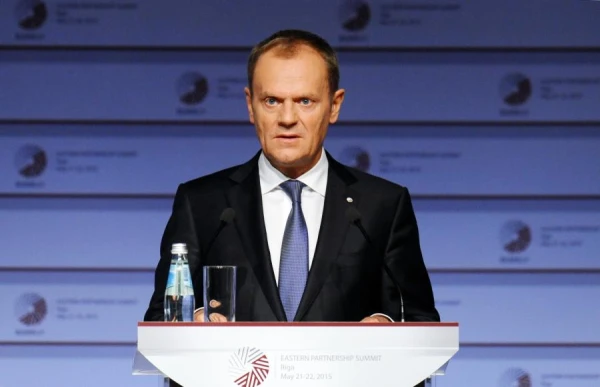
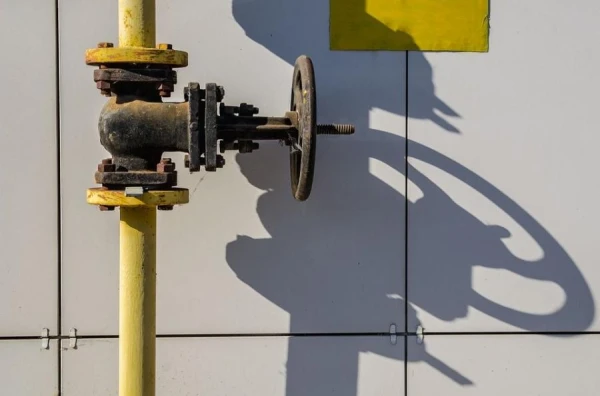


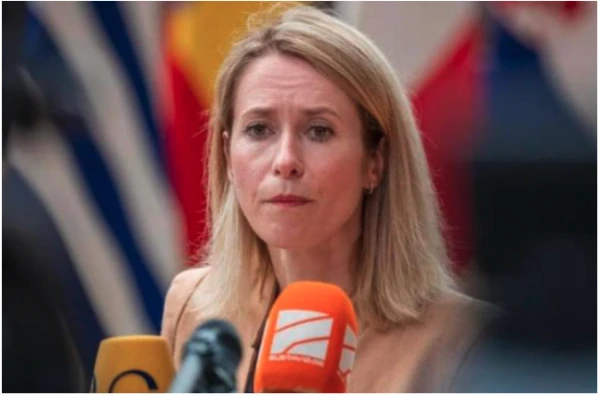
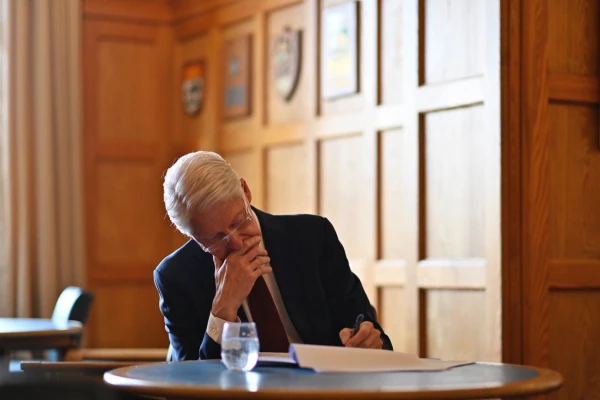

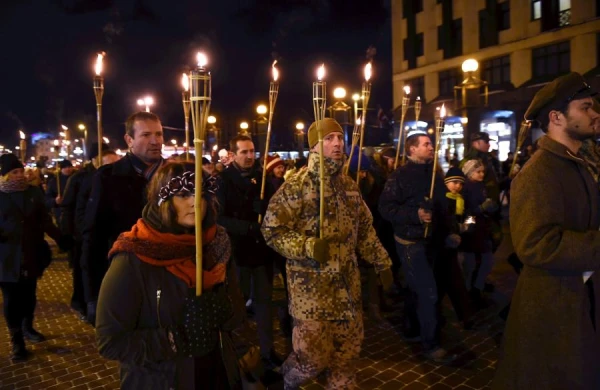


Leave a comment